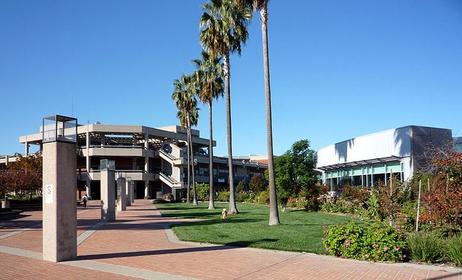For many students attending four-year colleges or universities, a semester abroad is a typical experience and one that offers a host of benefits. Students who study abroad have the opportunity to live and study within a new culture, and often have the chance to hone valuable language skills. However, for community college students, many of whom have important responsibilities outside of the classroom, spending months away from home and work is impractical at best, and more than likely impossible.
This video offers some reasons why you should study abroad.
In recent years several community colleges have identified the benefits of studying abroad, and have acknowledged the unique challenges their students face in doing so. As a result, many community colleges now offer short-term study-abroad programs, as well as traditional semester programs. In the last decades, the number of community college students who take the opportunity to study abroad has expanded tremendously, from just fewer than 4,000 students back in 2001, to almost 300,000 in 2015.
Community colleges offer programs to fit the schedules and unique learning needs of almost any student:
- Short-term educational programs
- Traditional semester-long programs
- Short and long term volunteer or service-learning programs
Community college students can work with study abroad program providers, who will coordinate with a student’s college to assess the credit available for different short and long-term programs. They can also enroll directly with foreign universities and transfer credits when they






















